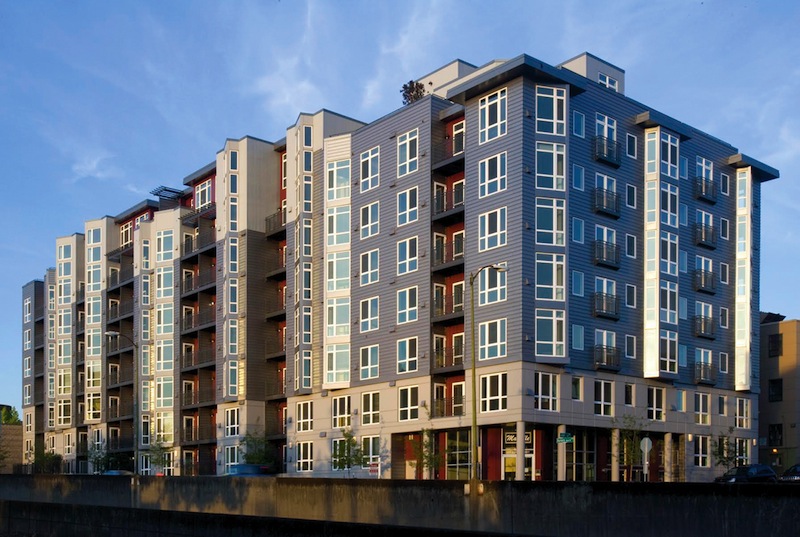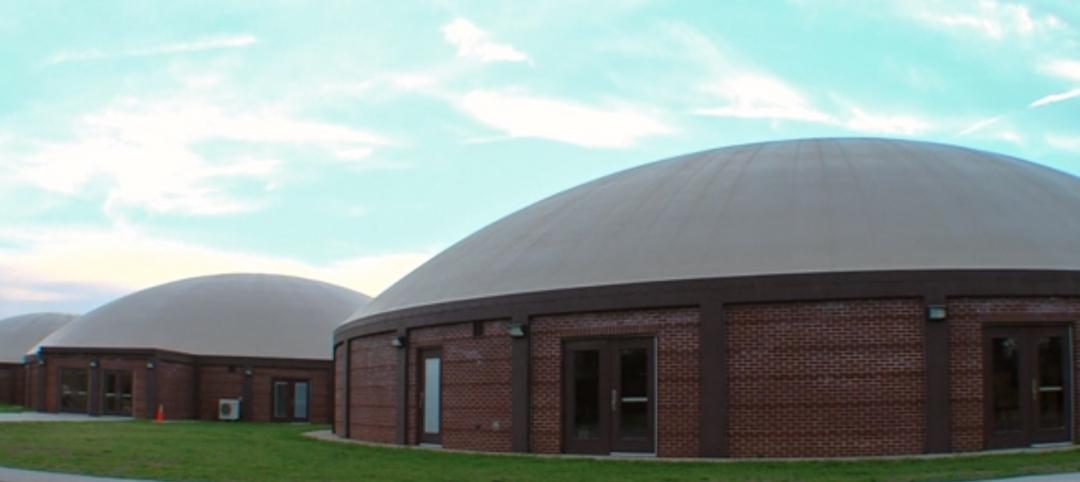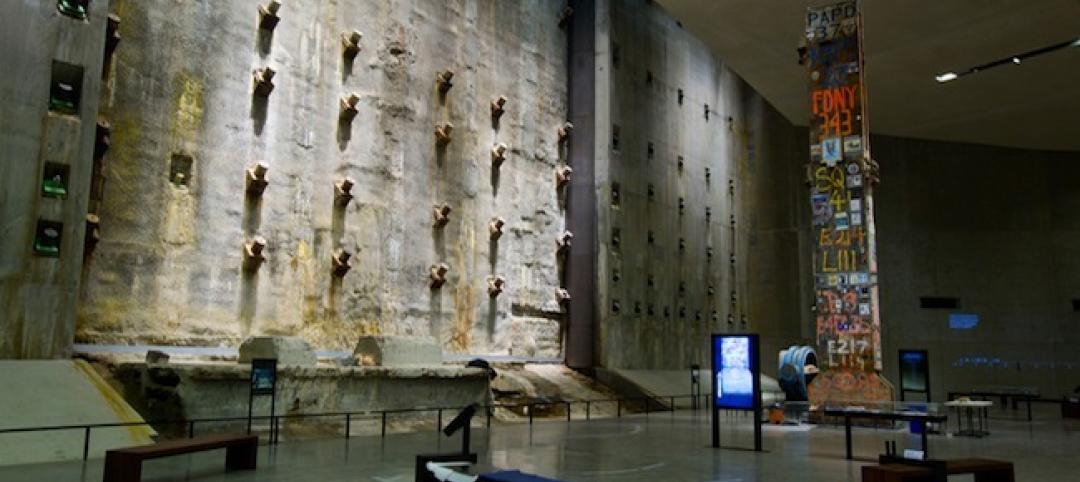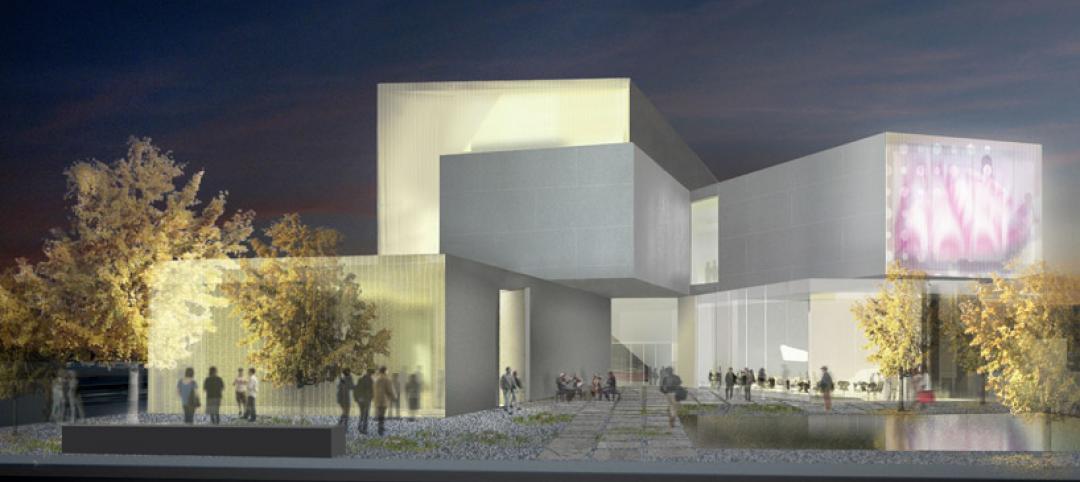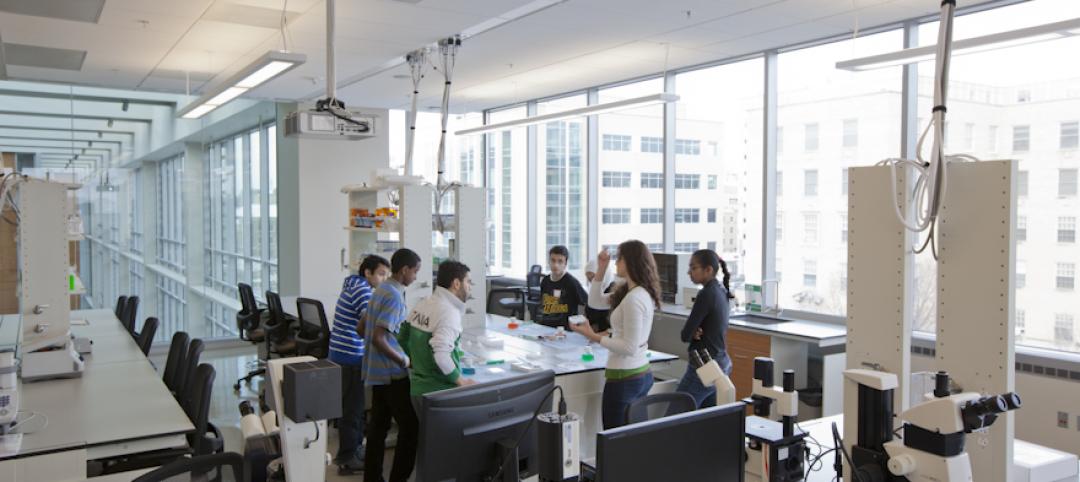Here is a roundup of the most popular AIA/CES Discovery courses on BD+C's continuing education website, BDCUniversity.com. Visit www.BDCuniversity.com to earn 1.0 AIA CES learning units for each successfully completed exam.
1. Applying Modern Energy Codes to Building Envelope Retrofits. When applying current energy codes to existing buildings, a number of issues arise, particularly where the building exterior is concerned. Moreover, envelope assemblies tend to have long life cycles, which can make them difficult and costly to effectively upgrade. www.BDCuniversity.com/applying-modern-energy-codes-building-envelope-retrofits
2. Cool Roofs Can Reduce Peak Energy Demand. This course provides an analysis of the effect of cool or highly reflective roofs in reducing peak demand charges, which may account for a significant portion of monthly electric bills in both new and existing air-conditioned commercial buildings in all North American climate zones. www.BDCuniversity.com/cool-roofs-can-reduce-peak-energy-demand
3. Building Wood Towers: How High Is Up for Timber Structures? The recent push for larger and taller wood structures may seem like an architectural fad—plenty of hype, but only a few dozen completed projects globally. Concrete and steel still rule the world of mid- and high-rise construction. Still, Building Teams around the world are starting to use more large-scale structural wood systems. www.BDCuniversity.com/building-wood-towers-how-high-timber-structures
4. Windows, Doors & Storefronts: Optimizing Safety, Durability, and Client Satisfaction. In nonresidential construction, Building Teams are finding that product and system selection is becoming increasingly complicated, due to increased demands from building occupants, according to fenestration experts. www.BDCuniversity.com/windows-doors-storefronts-optimizing-safety-durability-and-client-satisfaction
5. Guidelines for Designing Low-slope Membrane Roof Systems. Critical aspects of roof system designs are often left unaddressed, resulting in incomplete contract documents. This course identifies the information roofing contractors generally need from roof system designers to provide complete and building code-compliant low-slope roof systems. www.BDCuniversity.com/guidelines-designing-low-slope-membrane-roof-systems
6. Wet-applied Coatings and Finishes for Commercial and Institutional Projects. The rapid pace of development of improved liquid-applied materials and finishes has given Building Teams new options. These sprayable, paintable, or “gunnable” products can add performance and sustainability benefits and reach new levels of resiliency and durability. www.BDCuniversity.com/wet-applied-coatings-and-finishes-commercial-and-institutional-projects
7. Pumped-up Recreation Centers. Sports and recreation used to be confined to dedicated, often isolated, settings. That’s no longer the case. Adopting facility layouts from Asian and European models, today’s sports and recreational buildings are becoming social hubs that accommodate a variety of community needs. www.BDCuniversity.com/pumped-recreation-centers
8. Building Envelope Commissioning: 8 Strategies for Success. Building enclosure commissioning—BECx—is intended to assure building quality by establishing an explicit process to verify that a building enclosure is designed and constructed to meet the owner’s objectives. The concept of building enclosure commissioning has been around for several decades, but it has not been well defined, understood, or utilized. www.BDCuniversity.com/building-envelope-commissioning-8-strategies-success
9. Enhancing Interior Comfort While Improving Overall Building Efficacy. Providing more comfortable conditions to building occupants has become a top priority in today’s interior designs. Optimized daylighting, shading strategies, well-coordinated lighting controls, and underfloor air distribution systems can contribute to improved occupant comfort and energy savings. www.BDCuniversity.com/enhancing-interior-comfort-while-improving-overall-building-efficacy
Visit www.BDCuniversity.com to earn 1.0 AIA CES learning units for each successfully completed exam.
Related Stories
| May 15, 2014
Biking to work up by 60 percent, according to Census Bureau report
Many U.S. cities are seeing an increase in bicycle commuters, according to new a U.S. Census Bureau report. While bicyclists still account for just 0.6% of all commuters, some of the nation's largest cities have more than doubled their rates since 2000.
| May 15, 2014
'Virtually indestructible': Utah architect applies thin-shell dome concept for safer schools
At $94 a square foot and "virtually indestructible," some school districts in Utah are opting to build concrete dome schools in lieu of traditional structures.
| May 15, 2014
First look: 9/11 Memorial Museum opens to first-responders, survivors, 9/11 families [slideshow]
The 110,000-sf museum is filled with monumental artifacts from the tragedy and exhibits that honor the lives of every victim of the 2001 and 1993 attacks.
| May 14, 2014
New study shows employees aren't happier working in green buildings
People working in buildings certified under LEED’s green building standard appear no more satisfied with their workplace environments than those in conventional buildings, according to new research from the University of California, Berkeley, and the University of Nottingham.
| May 14, 2014
Construction growth looking up: Gilbane Spring 2014 Economic Report
Construction spending for 2014 should finish 6.6% higher than in 2013, with nonresidential work contributing substantially.
| May 14, 2014
Prefab payback: Mortenson quantifies cost and schedule savings from prefabrication techniques
Value-based cost-benefit analysis of prefab approaches on the firm's 360-bed Exempla Saint Joseph Heritage Project shows significant savings for the Building Team.
| May 13, 2014
First look: Nadel's $1.5 billion Dalian, China, Sports Center
In addition to five major sports venues, the Dalian Sports Center includes a 30-story, 440-room, 5-star Kempinski full-service hotel and conference center and a 40,500-square-meter athletes’ training facility and office building.
| May 13, 2014
Drexel University case study report: Green Globes cheaper, faster than LEED
GBI’s Green Globes certification process is significantly less expensive to conduct and faster to complete than LEED certification, says Drexel prof.
| May 13, 2014
Steven Holl's sculptural Institute for Contemporary Art set to break ground at VCU
The facility will have two entrances—one facing the city of Richmond, Va., the other toward VCU's campus—to serve as a connection between "town and gown."
| May 13, 2014
Universities embrace creative finance strategies
After Moody’s and other credit ratings agencies tightened their standards a few years ago, universities had to become much more disciplined about their financing mechanisms.


